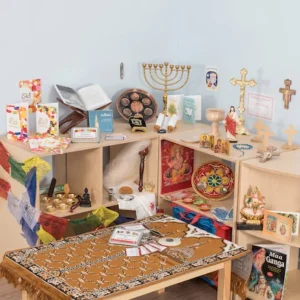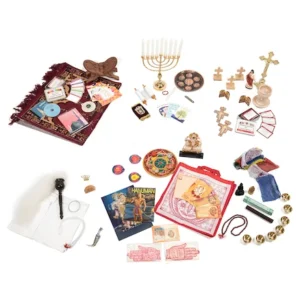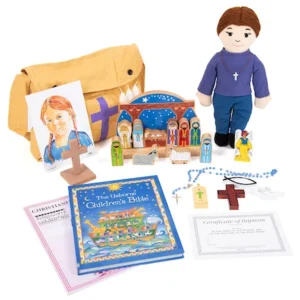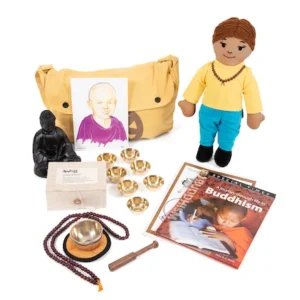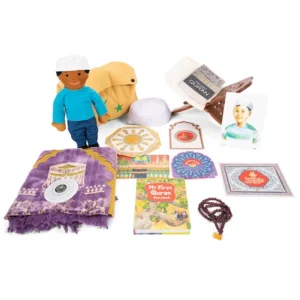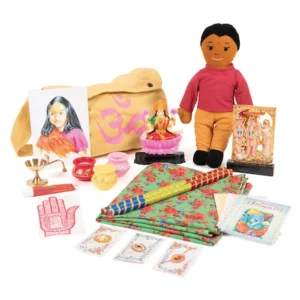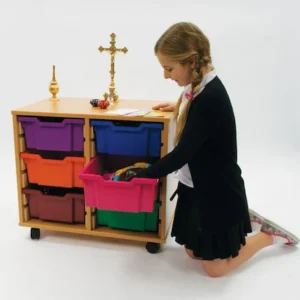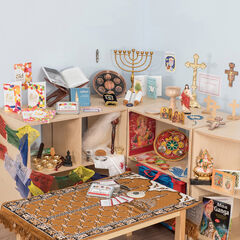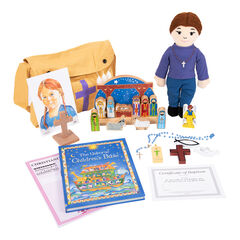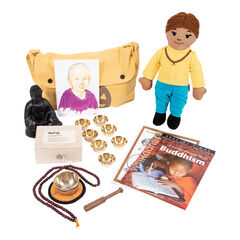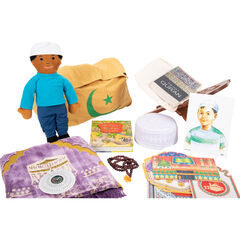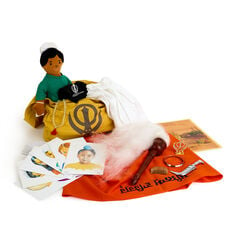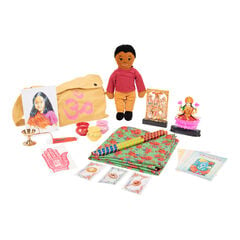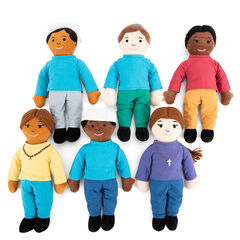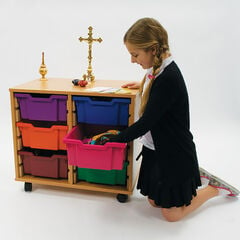Religious Artefacts
A religious artefact represents a part of a faith tradition. The artefact is a window, a way of looking at a faith, helping pupils to engage with and understand about religion and learn from others about beliefs and values.
Benefits of using Religious Artefacts
Artefacts can provide a sensory, active, and memorable way of learning about and from religions. Using artefacts can help to develop RE skills such as:
Observation
Questioning
Investigation
Experience
Reflection
Response
Using Religious Artefacts
Artefacts can be used in a variety of ways. They are a great stimulus for discussion, creative writing, art, drama, and questioning.
In RE children learn about and from religion. Learners should be encouraged to enquire, investigate, and evaluate. Questions can be asked about the artefact’s origins, uses and importance. Religious artefacts generate empathy and respect, helping us to learn about one another and begin to understand beliefs and faiths.
Develop discussion about what the artefact is, the religious faith it is used by, what it represents and how it might be used. Children can learn the name of the artefact and know how to pronounce it.
Through handling artefacts pupils can learn to recognise and name various features of religions. They can express their own and other’s views and responses to religious questions.
Artefacts can be used as a focal point for thinking and reflecting. They can help to create a sense of awe and wonder. With the artefacts you can create a special area in the classroom or school hall with questions and pictures to prompt discussions.
RE Artefact Collections
Here are some of the examples of the artefact collections we have available. They come with free downloadable content to offer you ideas for using RE artefacts and getting the most out of the resource.
World Religions Artefact Collection RE00177
Hindu Artefact Collection HICHILD
Things to consider
- Be sensitive using religious and cultural artefacts.
- Understand the place the artefact has in the tradition which it originated and understand any special requirements in handling the artefacts.
- Avoid creating stereotypes and understand that not all people from the same culture may use the artefact in the same way.
- Use the appropriate language to talk about the artefacts.
- Teach the children to handle and store the artefacts with respect and sensitivity.
The storage and handling of religious artefacts also conveys important messages about the value of the objects. Consider how you might like to store them. You may wish to consider.


